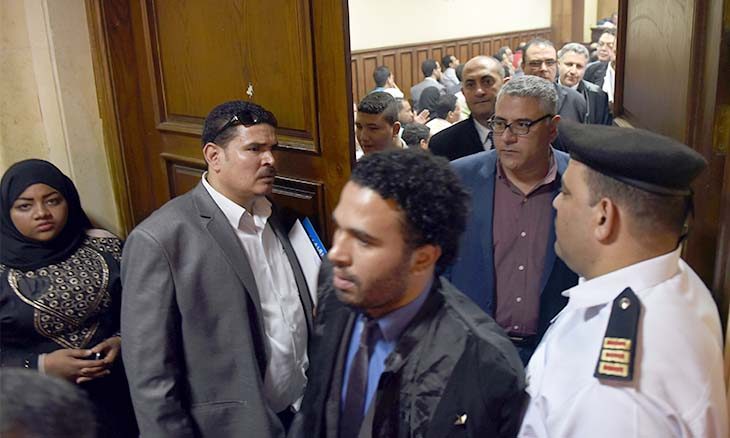A month ago today, a small boat sank in the course of the Nile River in the far south of Egypt, which was carrying Egyptian citizens from Nubia, including children, which led to the drowning of 6 people. Amidst almost complete negligence by the government and specialists, two bodies were found after ten days of civil efforts, while a third was found after nearly a month of searches. As for the rest of the bodies, they have not been found yet, and the official and semi-official media ignored the story in the first place and did not mention the final fate of the drowned victims.
Story details
The story began on Monday, March 6, when it was announced that a small boat for picnics had sunk in the Nile River in front of the village of Abu Hur affiliated with the Nasr Al-Nuba Center. There were young Nubian men on board, including two children, before it sank into the Nile. The official authorities waited three days until they entered the crisis line. The governor of Aswan visited the site of the sinking of the victims. After that, local websites said that the army’s Nile Rescue began participating in the search for the missing. However, that propaganda was followed by calls from the drowned Nubian families to help in the investigation.
Volunteers from Nuba participated in the search operations, but they did not result in anything after the body of a child and another person was found. Later, local sources said that the people had to hire divers to search for their relatives, but they did not complete the search operations. While the volunteers returned to search again amid calls on social media to support them with the necessary equipment in the search process. A few days ago, Nubian pages on social media said that they had found a third body, and thus three remain missing, whose fate is unknown until now. The matter passed without an official statement on the details or the outcome of the case, and the media did not talk about the story except in the early days and then ignored it later.
Nuba case
Such incidents deepen the Nuba people’s deep sense of government neglect and disregard, which amounts to feelings of grievance and persecution among some of them. The Nubians have a case that dates back to 1964 when former President Gamal Abdel Nasser began building the High Dam in southern Egypt to reserve and retain water over the needs of the Egyptians. The DamDam was in the areas of ancient Nubia, in which 98,609 people resided, and which extended for a length of 350 km from the first cataract to the second cataract south of Aswan along the Nile River from the village of Daboud al-Shamal to Adandan at latitude 22 degrees in Wadi Halfa.
With the construction of the High Dam, the displacement of 44 Nubian villages began. According to what was recorded in the Guinness Book of Records, Nubians said it was the most significant displacement process in history regarding distance. The displacement process was due to fear that the construction of the DamDam and the establishment of a lake behind it in which water would collect would mean the drowning of the entire Nubian villages, so it was decided to move them to the north of the High DamDam, within the popular housing built by the government at the time. From that moment on, the Nubians felt less interested in the international and local efforts that combined to save the Abu Simbel temple in the region. This deepened the tribal and ethnic tensions between the Nubians, on the one hand, and their new neighbours in the Aswan governorate. Nubians started to feel that they were not Egyptian citizens.
After the revolution of January 25, in which the political climate remained better for only two years when the current President Abdel Fattah Al-Sisi was Minister of Defense before becoming the president, the Nubians thought that their case would finally be resolved and that they would obtain their rights to land or money, to compensate them for their villages that they left for the water of the Dam, but that did not happen. Later on, things got more complicated. In addition to their sense of political persecution and the lack of will to solve their cause, the Nubians suffer from the neglect of the central government, the lack of essential life services, and the neglect of their fundamental daily problems.
However, at least in the post-revolutionary period, Nubians could claim their rights and ask for a solution. However, after assuming power, the current regime managed to eliminate their voice and suppress other voices by using a security solution that no one else knows. And against their activists, conferences, and protests, they organized security campaigns between forceful dispersal and arrests, which ended in silencing the Nubian community about its current rights, even those that are considered their most basic rights as citizens to search for the bodies of Nubians who drowned in the course of the Nile.





Recent Comments